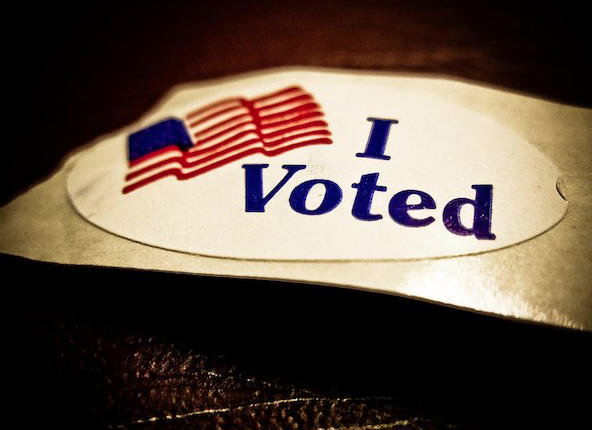Dealing With Our Broken Primary System
The primaries are an often overlooked but important part of which candidate becomes the president of the United States. There is an interesting rule however that states that you can only vote for a candidate in the party for which you are registered to vote under. This rule makes it so that you are forced to stay within your party, which is very undemocratic as polarizing this bi-partisan system even further is actually just counter productive to real progress. The Independent Voter Network talks about some solutions to this strange rule for closed primary voting.
The primary system suppresses the democratic process and it’s important that we take a look at fixing this. Despite what we get from the media coverage, we must remember that the primary election functions as more than a selector for each party’s candidate for president. We qualify candidates for both chambers of the U.S. Congress, state Assembly, state Senate, and most city and state offices to the general election through our primary system. Our current system:
- Makes some voters more important than others;
- Suppresses the independent vote; and
- Gives damaging levels of power to the two teams controlling our political process.
Evolve the primary system – get better candidates. Get better candidates – elect better officials. Elect better officials – save our sinking American ship. And we must save our sinking American ship.
Here’s how to fix it:
1. A national primary date.
All states need to have the same primary date instead of the 20 or so different voting days we have now. This will help in two ways. First, it eliminates the voting advantage of the states that go first for the presidential election, making voters in California and New Jersey as important to candidates as voters in Iowa. Second, it will improve voter turnout. We all know about election day in November, but with more than 20 dates for primary elections, it’s difficult to keep the population informed on a state-by-state basis.
2. Open up the two corrupt parties with more open primary elections.
The biggest obstacle for almost half of these United States is the closed primary which refuses to allow voters who aren’t registered with the party to vote. Forty-five percent of Americans identify as independent and they are routinely barred from voting in our current primary system.
3. More nonpartisan, blanket primaries for congressional, state legislative, and city and state offices.
A handful of states already use nonpartisan election systems, including California and Louisiana. The gist is this: Everyone runs and the top two or three vote-getters, regardless of party affiliation, qualify to the general election. This helps dispel the “spoiler” myth that the two-parties have concocted (if you run as a progressive independent, you help the conservatives and vice versa). The nonpartisan primary improves the democratic process by eliminating the disqualifying condition of party affiliation.
Read more at: IVN.us


